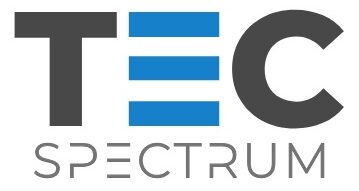In a major step towards building a more transparent and tech-enabled procurement system, the Public Procurement Regulatory Authority (PPRA) has trained over 10,000 professionals across Pakistan in e-procurement practices and regulatory frameworks.
📍 The announcement was made by Hasnat Ahmed Qureshi, Managing Director PPRA, during the launch of the second batch of a professional diploma on public procurement and contract management, organized in collaboration with the NUST Professional Development Centre (PDC).
🧠 “To meet the market need, PPRA is expanding its nationwide training program to build professional expertise at every stage of the procurement process,” Qureshi stated.
🎓 Training the Next Generation of Procurement Experts
Held at the NUST campus in Islamabad, the 4-month diploma program is currently hosting 70+ participants, including:
- Government officers
- Private sector procurement experts
- Vendors, suppliers & business entities
- Development sector professionals
📘 Training Modules Include:
- Fundamentals of transparent public procurement
- Legal & regulatory frameworks
- Smart and fair vendor selection
- E-procurement via e-Pak Acquisition and Disposal System (EPADS)
- International donor-funded procurement
- Public-private partnership models
- Contract management aligned with international standards
🌐 E-Procurement: The Backbone of Digital Governance
As part of Prime Minister Shehbaz Sharif’s vision for Digital Pakistan, PPRA’s efforts are enabling institutions to:
✅ Reduce government expenditure by 10–25%
✅ Promote transparency, competitiveness, and cost efficiency
✅ Accelerate procurement timelines
✅ Lower carbon footprints through digital transformation
📊 Key Highlights:
- 28,000+ suppliers registered on the e-procurement system (including 400 foreign firms)
- 700+ federal agencies, 5,000 in Punjab, and 200 in Sindh are actively using the platform
- Procurement cells established across government institutions are receiving comprehensive training
🔍 Why This Matters
With public procurement accounting for a major share of government expenditure, reforming this sector is critical for:
- Fighting corruption and favoritism
- Enhancing institutional capacity
- Improving service delivery
- Encouraging local and international vendor participation
By investing in skills development and digital tools, PPRA is building the foundation for a transparent, efficient, and future-ready procurement ecosystem.
🗣️ Final Thoughts
Pakistan is entering a new era of public procurement—one that leverages e-governance, professional training, and international best practices. As more professionals get certified and digital systems are adopted nationwide, citizens can expect better public services, greater fiscal accountability, and smarter governance.












